Good quality sleep is crucial for good health, mental and physical performance. Sure, you can get away with a day or 2 of poor sleep, but very quickly poor sleep hygiene will translate into increased irritability and decreased performance in all aspects of your life. Good sleep should be a non-negotiable, this is when your brain “takes out the trash” built up throughout the day. A huge amount of healing occurs throughout the body when we sleep. If you really want to see benefit from that workout you need adequate recovery.
Now on to general sleep habits everyone should follow to the best of their ability.
High-Quality Sleep Checklist
- Have a consistent bedtime and wake up time.
- Eat enough food for stable blood sugar all night.
- No light in the room.
- No screens or blue light at least one hour before bed. (Blue light destroys Melatonin)
- Room temperature should be below 70o F, aim for 65o F to 68oF.
- No caffeine after noon.
Bedtime
Bedtime isn’t just for your kids it helps you to have a stable circadian rhythm, so your body knows when to begin rest and recovery and when to wake you up in the morning. Cortisol is released in the morning to wake you up. Getting some morning sun is a great way to lower your melatonin levels in the morning faster so you can wake up faster. The light in the morning also helps reinforce a healthy circadian rhythm you your body knows when to wake you up in the future.
The recovery from sleep is even more effective between the hours of 10 PM and 4 AM. Melatonin begins ramping up around 10 PM and peaks at 2 AM, so if you want the best quality sleep get to bed by 10 PM.
Blood Sugar
Many people wake up between the hours of 1 AM and 3 AM this is typically due to low blood sugar forcing the body to release epinephrine (adrenaline) or cortisol. These stress hormones signal a raise in blood sugar. If you aren’t eating enough throughout the day, especially at dinner you’re likely to wake up during this time.
A very common issue I see in my office is not enough protein. Ensure at a minimum 1.5 grams of protein per kilogram of body weight per day. To find your approximate weight in kilograms divide your body weight in pounds by 2.2. So the equation is: (BW/2.2) x 1.5 = Grams of protein per day.
Body Clock
If we look at Chinese medicine and use the concept of the Horary Clock (or body clock). We see that 1 AM to 3 AM is liver time. This means the liver is most active during this time, so if we are breaking down a medication, caffeine, excess hormones, etc. then waking up at this time isn’t surprising. Often this interferes with our blood sugar regulation since the liver is spending resources metabolizing toxins rather than stabilizing blood sugar.
While we are on the topic of the Horary clock 11 PM to 1 AM is gallbladder time and the second most common time for sleep disturbances. If you have trouble falling asleep between this time talk to your holistic doctor for some gallbladder support. There are too many factors that can impact the gallbladder to discuss here.
Light Before Bed
The pineal gland makes melatonin, the main neurotransmitter to stimulate sleep, without it sleep will be very poor. Blue light, released from most screens (phone, TV, iPad, etc.) causes melatonin to break down in the body and cortisol to be released. This is the opposite effect you want when winding down to go to sleep.
Light is not only sensed by your eyes but also through the skin. Therefore, as many light sources as possible should be removed. Blackout curtains are great for any lights that may come from outside, and any devices with lights should be turned off or covered at bed time. The closer you can get your room to “pitch black” the better.
Ideally 1-2 hours before bed should be without screens to allow melatonin to build up. Reading a book, meditation, practicing slow breathing, alone time with your spouse, etc. are all great ways to wind down before bed.
Room Temperature
Rooms above 70o F can negatively affect the pineal gland while sleeping. Cooler temperatures helps to stimulate the pineal gland and melatonin production. So, even if you like the house warmer during the day, try to get your room temperature below 70o F during bedtime.
No Caffeine After Noon
Caffeine has a 5-6 hour half-life in the body on average. Meaning, it takes 12 to 18 hours to clear most of the caffeine from the body. This may take longer if you have other stressors to the body or other toxins the liver is also dealing with. So, if you drink caffeine past noon then there will still be an effect from the caffeine by the time it is bedtime, even if you aren’t perceiving the effect. If you are in good health then you can typically get away with drinking caffeine later in the day, but if your sleep is poor, limit your caffeine intake to the morning or stop drinking caffeine altogether until you get your sleep at a better place.
Wrapping Up
I know this is a lot to think about and there are other factors that can affect your sleep such as your GABA neurotransmitter levels, but I wanted to share lifestyle changes anyone can try without needing to guess at which supplement they may or may not need. Make these changes one at a time if it is overwhelming to do them all at once. This will have the biggest bang for your buck and ensure if there are other factors affecting your sleep, when those are corrected you will see your sleep improve quickly.
If you are already doing all or most of these tips with no change in your sleep call the office and schedule an appointment. I’ll be happy to help you sort through what else is making you need to count thousands of sheep every night.

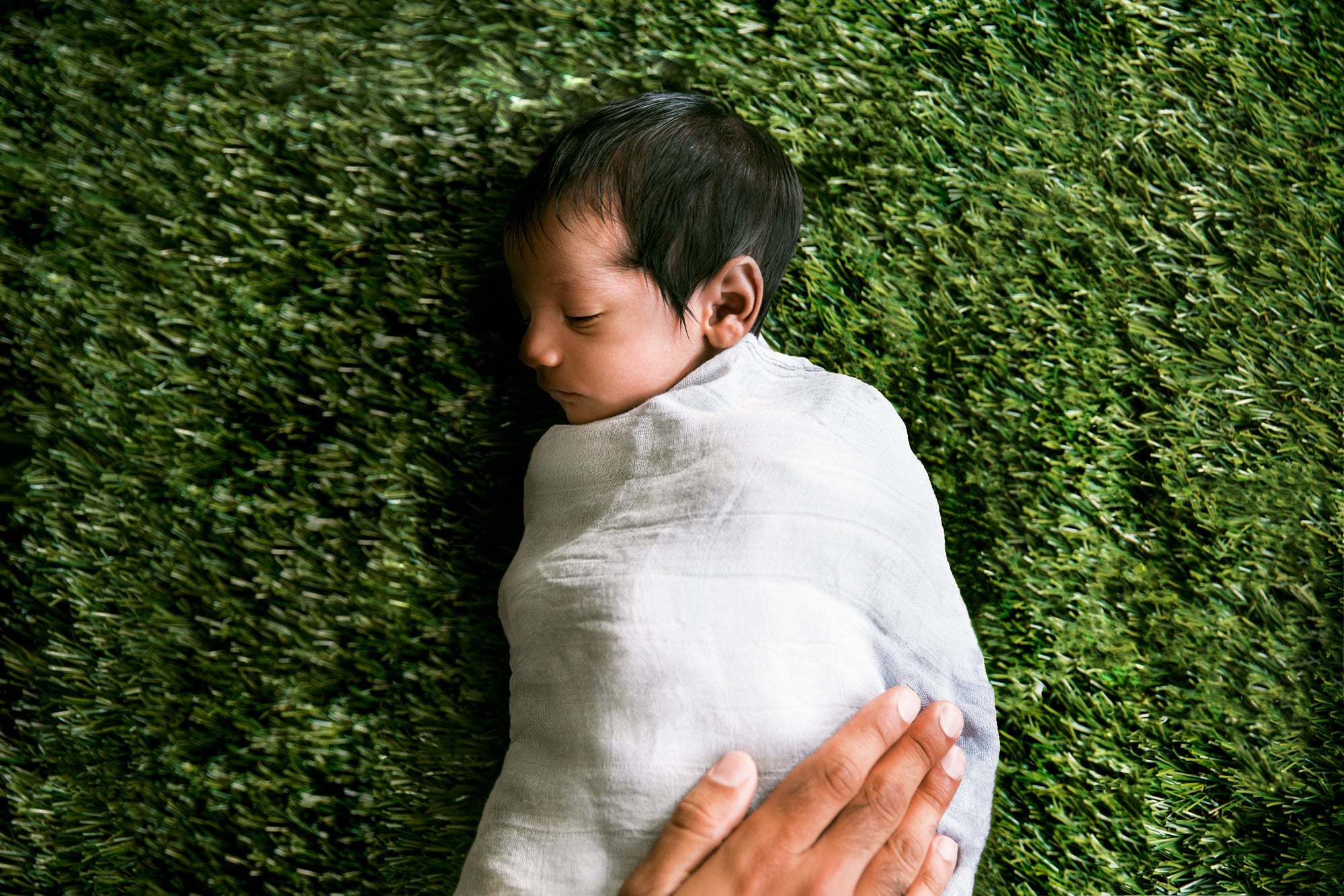

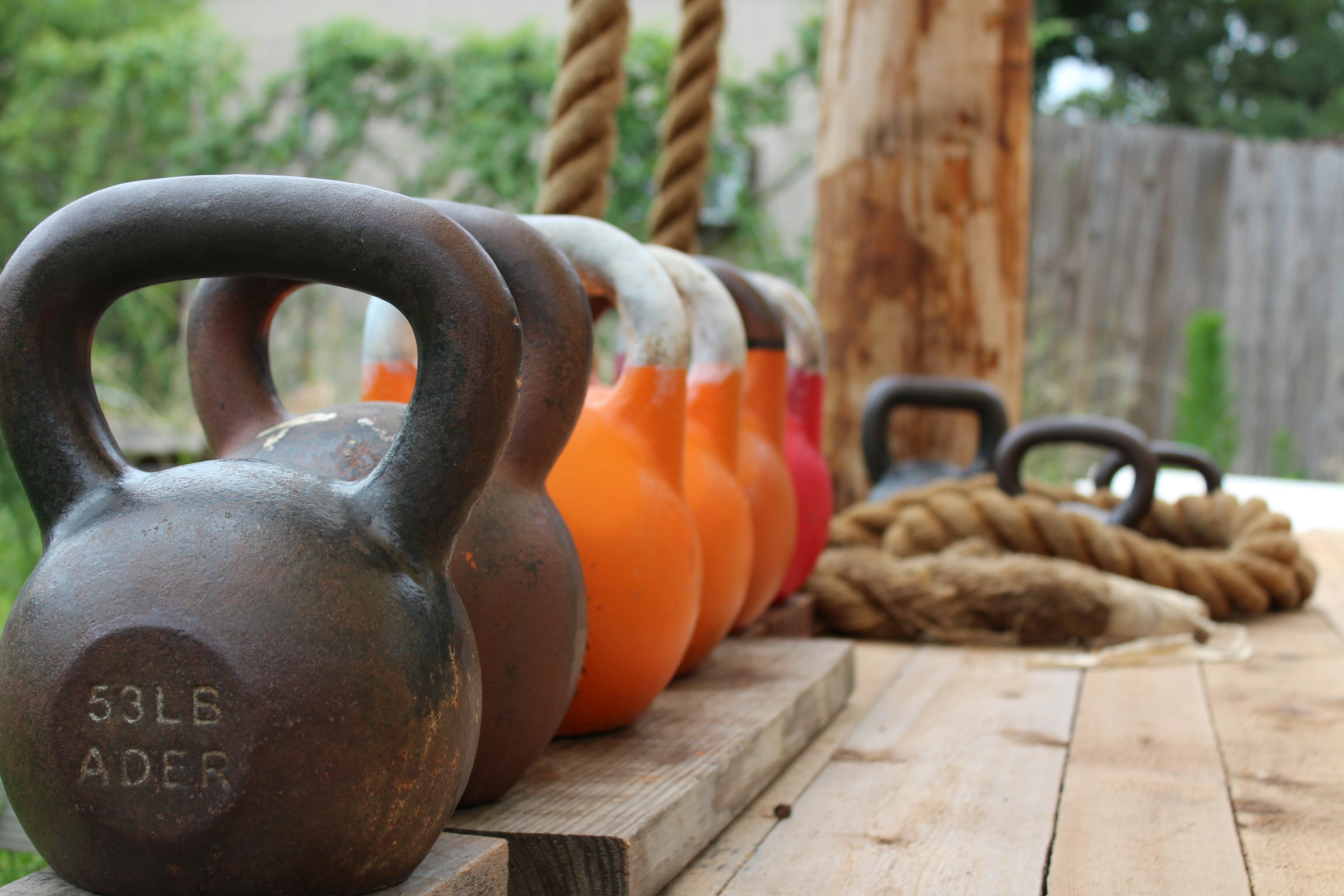

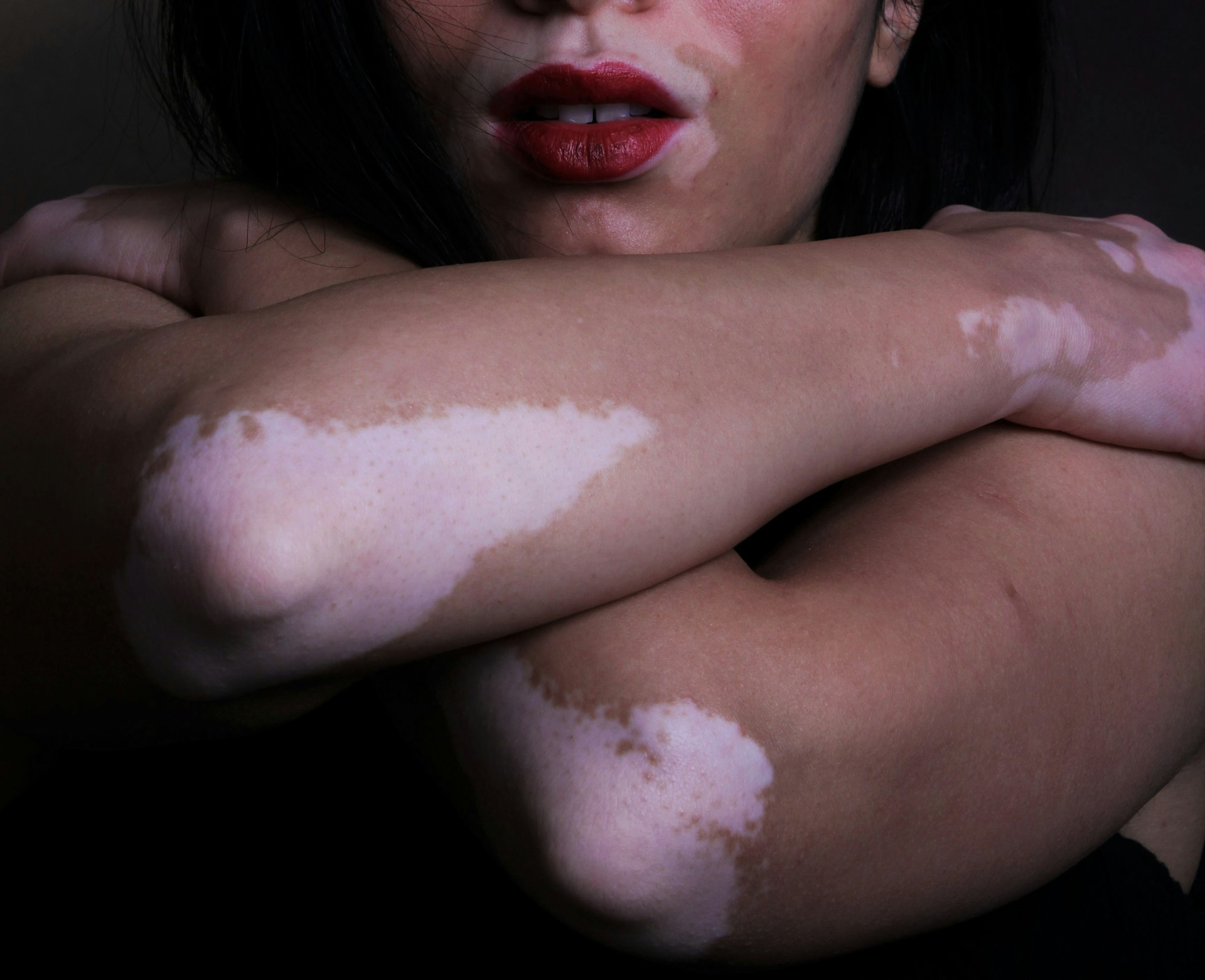




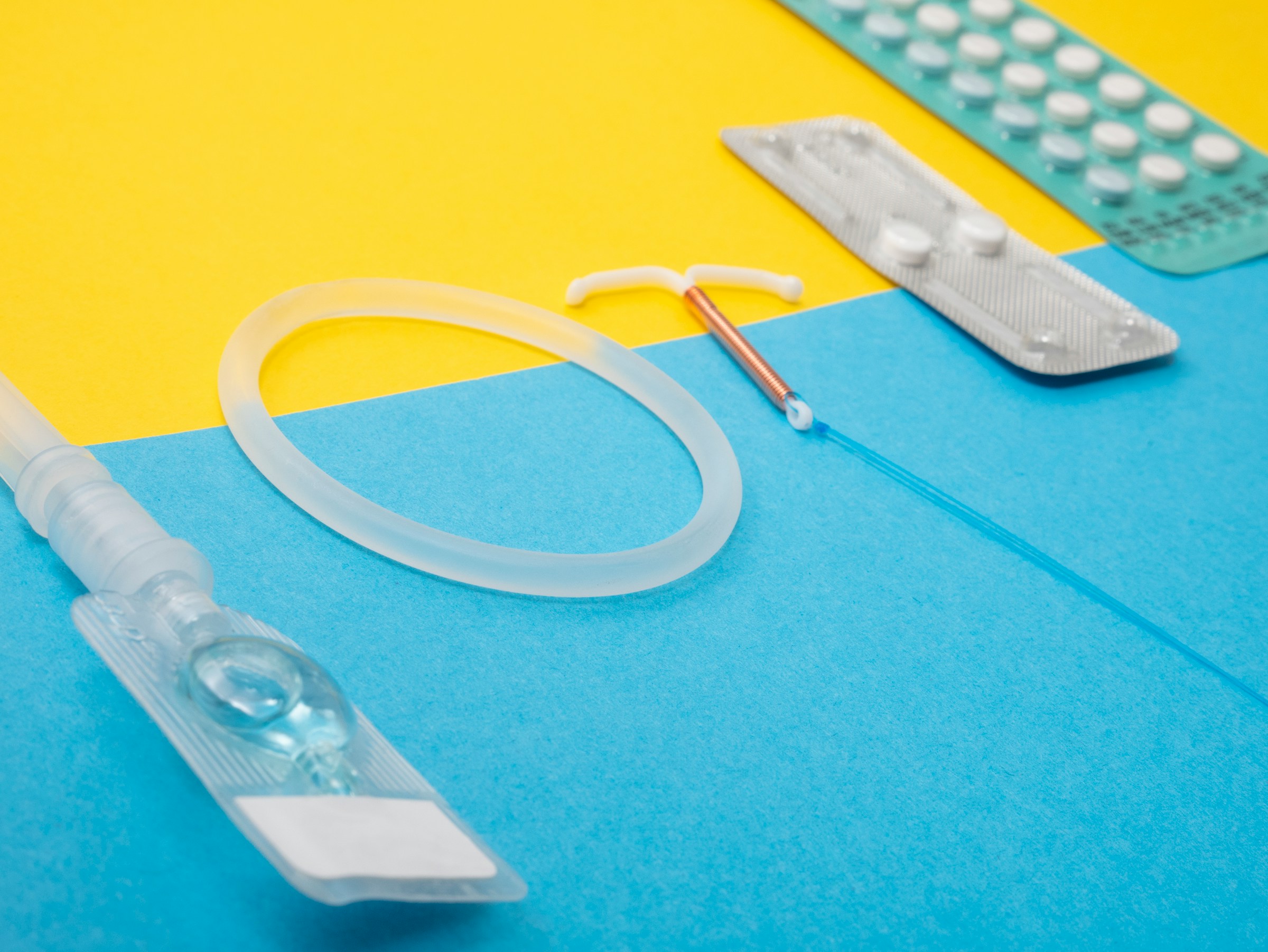
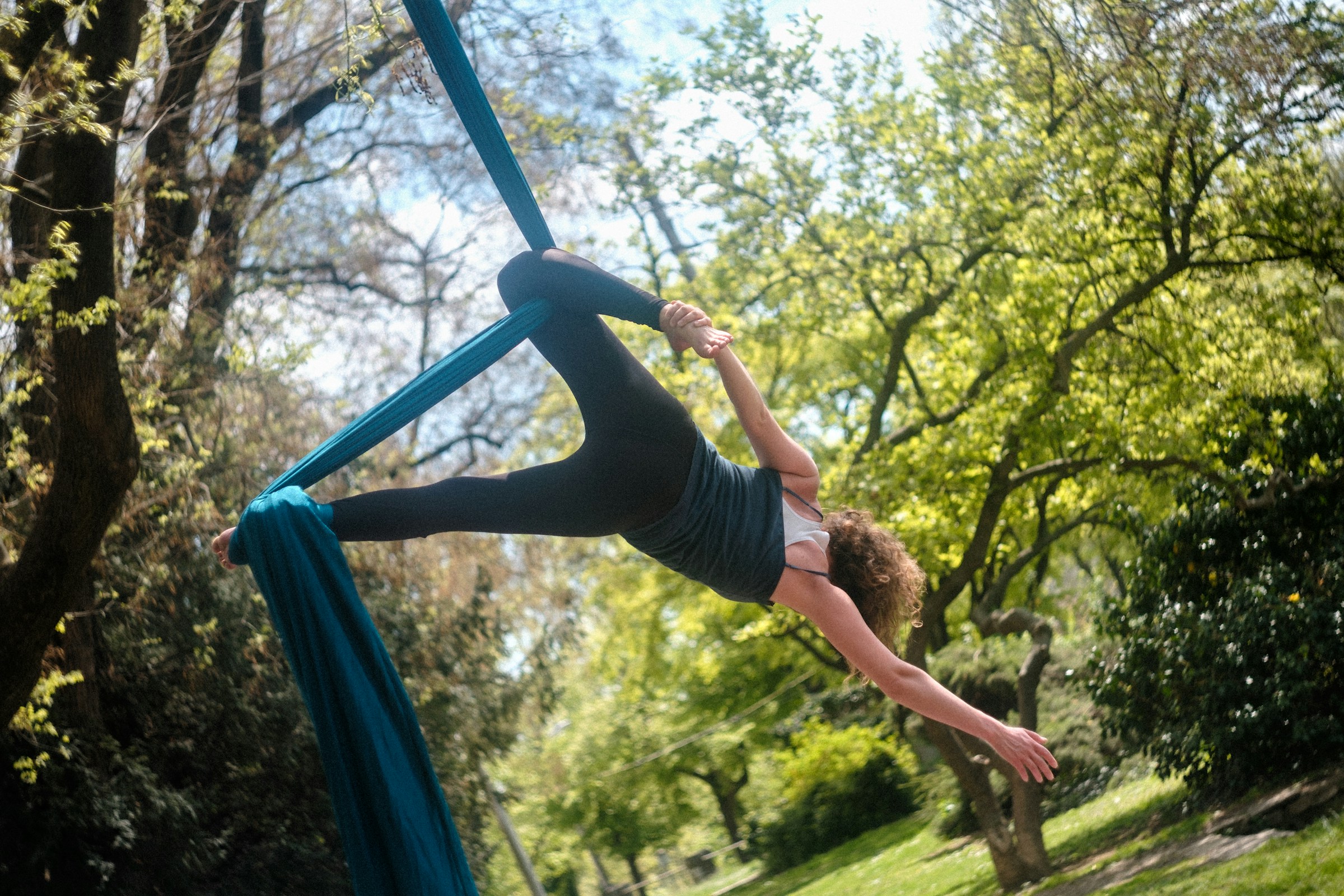
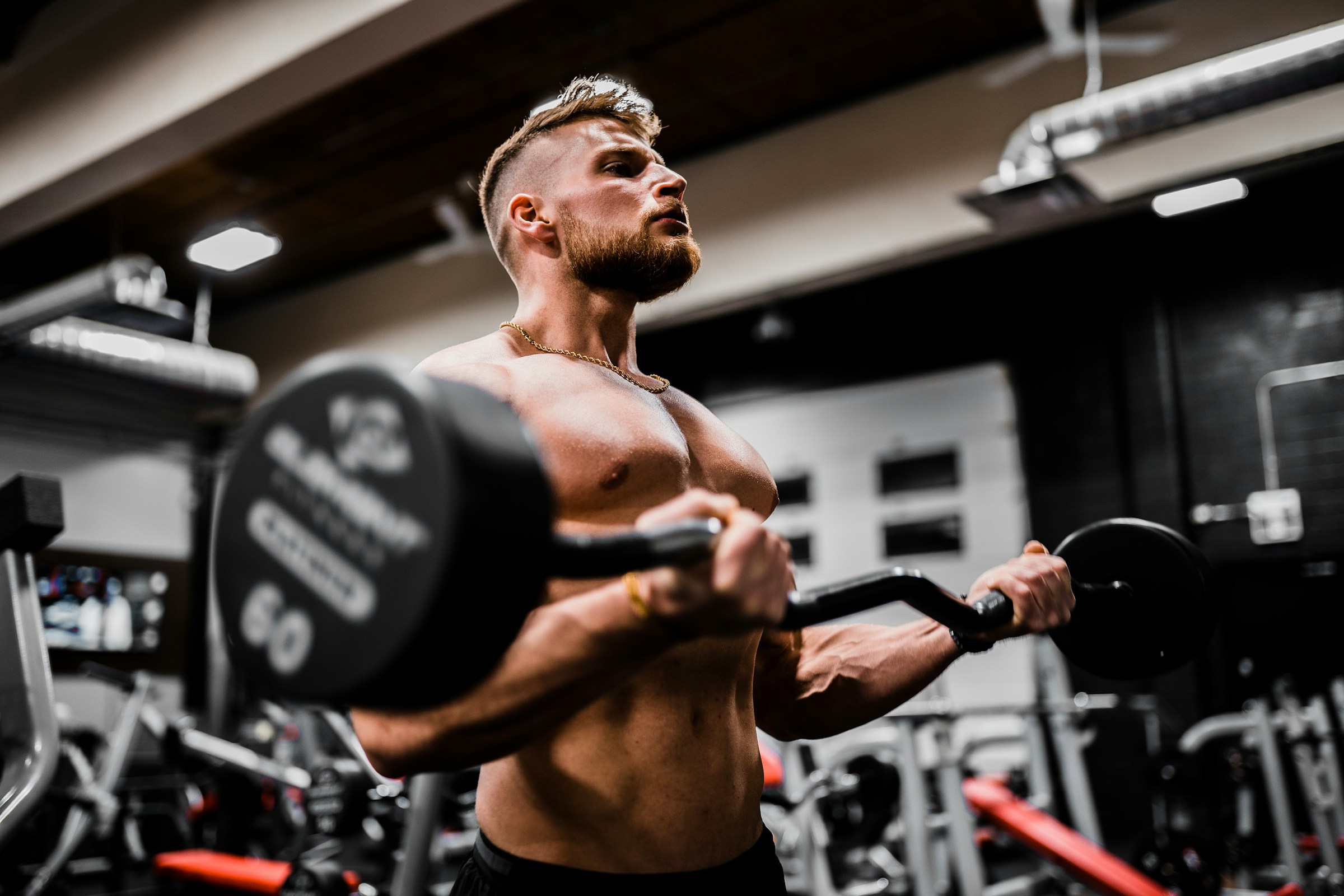

Leave a Reply
You must be logged in to post a comment.